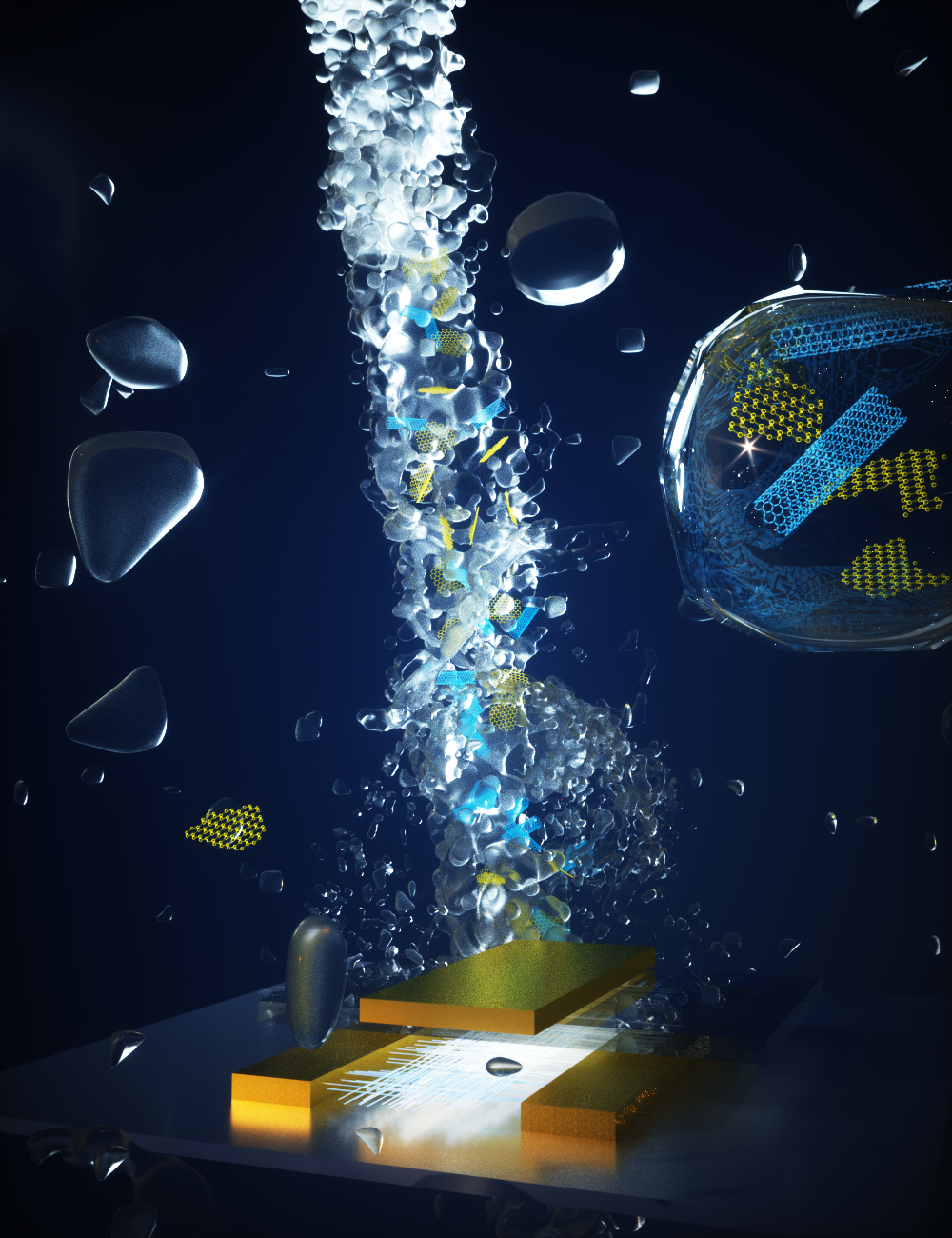One of the most intelligent and level-headed characters in modern entertainment was Spock from Star Trek. Nearly every human could use just a little bit of Spock’s level-headedness and intelligence to help them operate at a higher level in today’s stressful and challenging world. But most wouldn’t call Spock a Renaissance man; he would need additional capabilities to round out his skills and personality.
If singularity advocates Neil Gershenfeld of MIT and futurist Ray Kurzweil are right, then technological singularity is not far off, and soon humans will be uploading Spock-like capabilities as well as the ability to play the violin, drive a race car, do math like a genius, and more.
IEEE Spectrum’s special report on “The Singularity” is as good a place as any to get an overview of the potential upside to singularity as well as a dose of the big hurdles and dangers singularity presents. For example, John Horgan asks, “How can we hope to create consciousness if we don’t know anything about it?”
According to an article in Forbes magazine, “3 Reasons to Believe the Singularity is Near,” three major trends are converging that will make singularity a reality: the end of Moore’s law due to the way quantum effects will cause transistors to malfunction, the trend toward robots replacing humans in work, and the emergence of gene editing which will allow us to reprogram how human bodies and minds work. The recent discovery that DNA computers require only one percent of the energy of silicon-based computers is evidence enough that all technology will one day have a biological component.
In the following video, Michio Kaku and Ray Kurzweil discuss why “Singularity is Close.”





